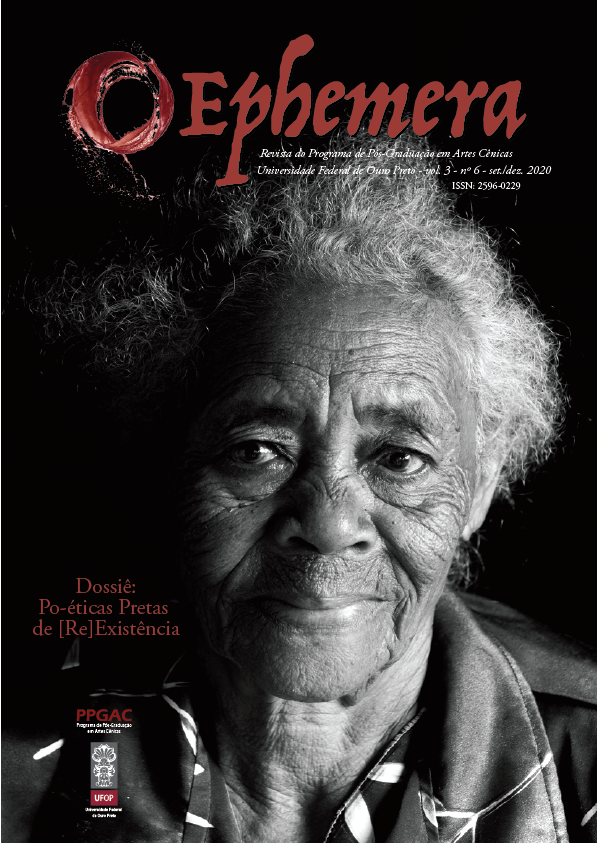Gukurahundi in retrospect
theatre performance as a cultural public sphere
Abstract
Resistance during Gukurahundi was virtually impossible especially in holding camps such as Bhalagwe and Matopo. Gukurahundi refers to the 1983-1987 period in Zimbabwean history characterised by an unconfirmed genocide of the Ndebele minority. Upon the deployment of the 5th Brigade in Matabeleland and some parts of Midlands, the government of the day closed off media access to these areas, banning access to journalists without formal permission. While some survivors of the holding camps and Gukurahundi brutality have over the years shared their experiences with family members, some have chosen to remain quiet. Out of the firsthand narratives from Gukurahundi emerging through various platforms, an ‘alternative’ narrative is beginning to infect public opinion and discourse. It is considered ‘alternative’ because it contests the official ‘moment of madness’ (GAIDZANWA, 2015) government meta-narrative. In this article, I examine Victory Siyanqoba’s Talitha Koum-Someone Lied! (here in after referred to as Talita Koum) as one instance of a cultural public sphere’s ability to give a voice to those who have lost theirs such as the survivors and their children in a manner that unsettles the past, bringing alternative narratives to the public and instigating debates and discourses around Gukurahundi.
Downloads
Copyright (c) 2020 https://www.periodicos.ufop.br/pp/index.php/ephemera/information/sampleCopyrightWording

This work is licensed under a Creative Commons Attribution-NonCommercial-NoDerivatives 4.0 International License.
O/As autore/as mantêm os direitos autorais sobre os documentos publicados pelo periódico e cedem ao periódico o direito de publicação dos textos e de seus metadados (em múltiplos suportes e formatos), inclusão em bases de dados e assinatura de acordos de indexação atuais e futuros (mesmo com licenças menos restritivas, para os textos, ou sem restrições, para os metadados), de modo a garantir a indexação do documento publicado e de seus metadados.
O documento publicado será distribuído nos termos da Licença Creative Commons Atribuição - Não-Comercial 4.0 Internacional (CC-BY-NC) que permite o uso, a distribuição e reprodução em qualquer meio desde que sem fins comerciais e que o artigo, os autores e o periódico sejam devidamente citados.



